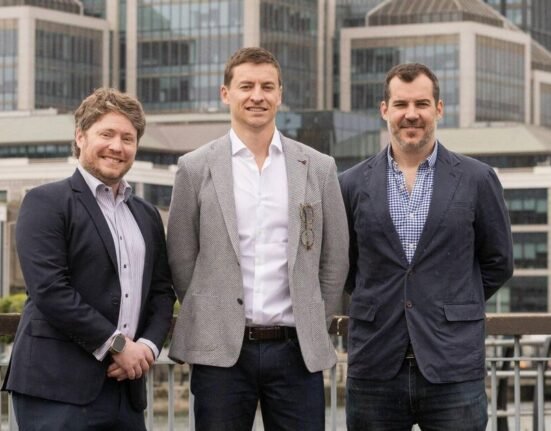The Court of Appeal of England and Wales (Criminal Division) has delivered a firm ruling concerning Majid and Muhammad Iqbal, affirming their convictions related to a major trademark infringement conspiracy. This decision, issued on 17 April 2025, arises from the case known as Majid Iqbal & Anor v City of Wolverhampton Council, and has brought to the forefront crucial discussions regarding trademark law and the implications of criminal conspiracy in such contexts.
Both brothers were found guilty on 20 December 2023 of several charges, including conspiracy to sell goods that bore registered trademarks without permission and possession of counterfeit products. Underpinning the charges were the provisions of the Trade Marks Act 1994 and the Registered Designs Act 1949, with the jury reaching a unanimous verdict that deemed both defendants guilty of multiple conspiracy-related offences, including selling counterfeit products and dealing in criminal property.
As a result, Majid and Muhammad Iqbal received concurrent sentences of 31 months in prison for the various counts on which they were convicted. Their wives, Hina Naz and Fatima Aamir, were also implicated in related charges, leading to suspended sentences for their involvement.
A central aspect of the appeal revolved around Count 10, which pertained to the conspiracy to market earphones that were designed to resemble Apple’s AirPods. The Iqbal brothers argued that the prosecution had not provided adequate evidence to establish whether these earphones were identical or materially similar to the registered design. They contested the classification of the goods as either “identified” or “unidentified” property at the time the alleged conspiracy took place.
In court, Mark Jackson, the prosecutor, asserted that the crux of conspiracy lies in the agreement to market or sell items that may breach trademark protections, without necessitating proof of infringement at the time of the conspiratorial agreement. The presiding judge noted that jurors could draw reasonable inferences about the defendants’ conduct.
The Court of Appeal addressed two main considerations: whether the original judge misapplied legal principles related to intention and knowledge regarding conspiracy, and whether the jury received incorrect direction concerning Count 10. Ultimately, the judges concluded that the Iqbal brothers’ arguments stemmed from a misunderstanding of legal principles regarding trademark conspiracy.
Additionally, the appellants contested the appropriateness of their sentences, claiming the judge had misjudged the harm caused by their activities in terms of the expected financial loss generated by the fraudulent sales. Still, the Court upheld the original assessment, indicating that the calculations had considered the retail values of genuine articles rather than the lower sale prices of the counterfeit goods.
In conclusion, the Court of Appeal dismissed all grounds for appeal presented by Majid and Muhammad Iqbal, thereby confirming their convictions and the appropriateness of their sentences. This ruling highlights the serious repercussions associated with trademark conspiracies and the judicial system’s commitment to holding individuals accountable for such criminal activities. The outcome serves as an important reminder of the legal risks involved in selling counterfeit goods and the necessity for strict compliance with trademark laws in commercial practices.







